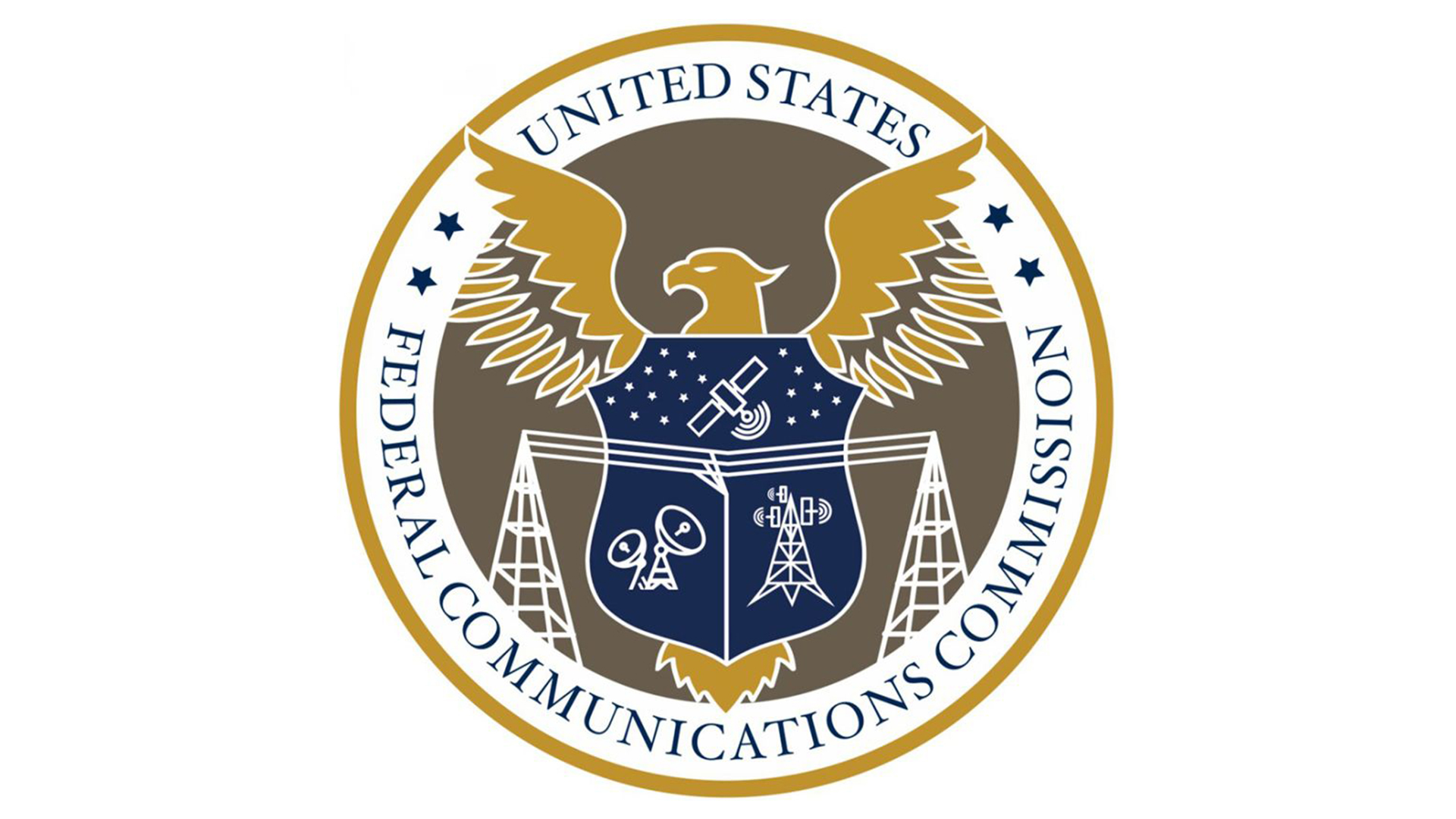FCC's Johnson Defends Authority to Regulate Social Media
Said it is plainly rooted in commission's power to interpret Communications Act

The smarter way to stay on top of the multichannel video marketplace. Sign up below.
You are now subscribed
Your newsletter sign-up was successful
FCC General Counsel Tom Johnson took to the FCC blog Wednesday (Oct. 21) to defend the conclusion that the FCC has the authority to clarify ambiguities in Sec. 230, including limiting it if the commission votes to do so.
Related: FCC Will Clarify Section 230
FCC chairman Ajit Pai announced last week the FCC would respond to President Trump's petition--filed by the National Telecommunications & Information Administration, the President's chief communications advisor--that the FCC find a way to regulate social media's moderation of content.
The President has long argued that social media sites are using the section to shield their censorship of conservatives and has lately called for its elimination altogether.
In his blog post, Johnson said Pai's decision to proceed, which Pai had said came on the advice of FCC attorneys, "was consistent" with his analysis, an analysis the chairman has asked him to make public, he said, given the intense interest in the issue.
"The policy issues raised by the debate over Section 230 may be complex, but the FCC’s legal authority is straightforward," he said. "Simply put, the FCC has the authority to interpret all provisions of the Communications Act, including amendments such as Section 230....By expressly directing that Section 230 be placed into the Communications Act, Congress made clear that the FCC’s rulemaking authority extended to the provisions of that section."
Related: House Dems Regulate Sec. 230 Bill
He pointed out that the Supreme Court has twice ruled that the FCC's original rulemaking authority over the 1934 Communications Act extends to amendments passed in 1996, one of which was Section 230 of the Communications Decency Act (the other sections have since been struck down), which provided web sites immunity from law suits over their moderation of content on their sites.
Johnson said that authority "plainly encompasses the power to interpret ambiguous language throughout the Communications Act," then addresses various arguments against that authority.
"[C]ritics of an FCC rulemaking overread the legislative history and statements of purpose on which they rely and fundamentally misunderstand the narrow authority involved in clarifying the scope of the Section 230 immunity shield," he concluded, and in any event don't bear on the central question of whether the FCC can interpret ambiguous terms, which it can, he said, and without creating net neutrality rules for edge providers or a new "fairness doctrine," as some critics have suggested.
He said even if the FCC chose to narrow the immunity shield (which is likely), "that would not result in additional FCC regulation. It would simply allow private parties to bring lawsuits, as appropriate, under other sources of federal and state law—the same generally-applicable causes of action that apply to newspapers, broadcasters, and other publishers and speakers not covered by Section 230."
He said the fact that courts have been interpreting, and critics said overly expanding, section 230 for years does not mean the FCC can't be an authoritative voice on the section's ambiguities and whether those courts have properly interpreted its scope.
The smarter way to stay on top of the multichannel video marketplace. Sign up below.
Contributing editor John Eggerton has been an editor and/or writer on media regulation, legislation and policy for over four decades, including covering the FCC, FTC, Congress, the major media trade associations, and the federal courts. In addition to Multichannel News and Broadcasting + Cable, his work has appeared in Radio World, TV Technology, TV Fax, This Week in Consumer Electronics, Variety and the Encyclopedia Britannica.

